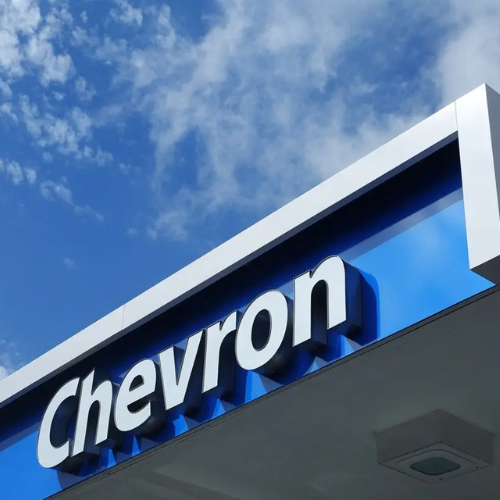The U.S. government has made a new decision about the American energy giant Chevron and its work in Venezuela. While the company is no longer allowed to run oil operations freely, it has received limited permission to keep its stakes in Venezuelan oil joint ventures. This means the company can still “own” its part of the business in Venezuela, but it cannot drill for oil, sell Venezuelan crude, or start new projects.
This change comes after the expiration of a broader license that previously allowed Chevron to operate more fully in Venezuela. The new, narrower license aims to ensure that no money benefits Venezuela’s President Nicolas Maduro or his government, as Washington continues its tough stance on the country.
Chevron had been negotiating with U.S. officials, along with some European energy companies, to maintain its holdings in the country despite sanctions. The limited approval it received now mirrors a similar license Chevron held between 2020 and 2022. Under this license, Chevron is allowed only to preserve its assets but must halt all oilfield operations.
Harsh Dollar Rules Leave Venezuelan Businesses Struggling
Chevron Follows the Rules and Halts Work
Chevron confirmed the expiration of its broader General License 41B, which had permitted more extensive operations. The company emphasized it is fully complying with U.S. regulations and has notified Venezuelan authorities and local contractors about the new restrictions.
Due to the restrictions in the new authorization, Chevron has terminated all service and procurement agreements in Venezuela. This marks a full stop to its active involvement in oilfield work. The expiration followed the end of a wind-down period that gave Chevron time to wrap up activities, despite earlier suggestions from U.S. officials of a possible 60-day extension — which was not granted.
Neither the U.S. Treasury Department, which manages sanctions enforcement, nor Venezuela’s state oil company PDVSA have publicly commented on the latest developments.
Spain Increases Venezuelan Oil Imports as Sanctions Deadline Nears
Venezuela’s Oil Woes Continue Amid Sanctions
Venezuela, led by President Nicolas Maduro, holds the world’s largest crude oil reserves and is a member of the oil-producing group OPEC. However, the country’s oil industry has suffered greatly over the past several years. Production has fallen sharply due to poor management, lack of investment, and ongoing U.S. sanctions that began in 2019.
In recent years, Chevron and other foreign partners had helped Venezuela’s oil output rebound modestly to about 1 million barrels per day. The company worked alongside PDVSA in joint ventures to help keep production going.
However, with the new U.S. restrictions, Chevron is limited to holding on to its assets only and cannot expand or operate its oilfields. Venezuela’s government has repeatedly denounced U.S. sanctions as part of an “economic war” meant to hurt the country.
This move by the Trump administration highlights the challenge of enforcing sanctions while protecting U.S. business interests abroad. Chevron remains compliant but must now pause its active role in Venezuela’s oil sector.


